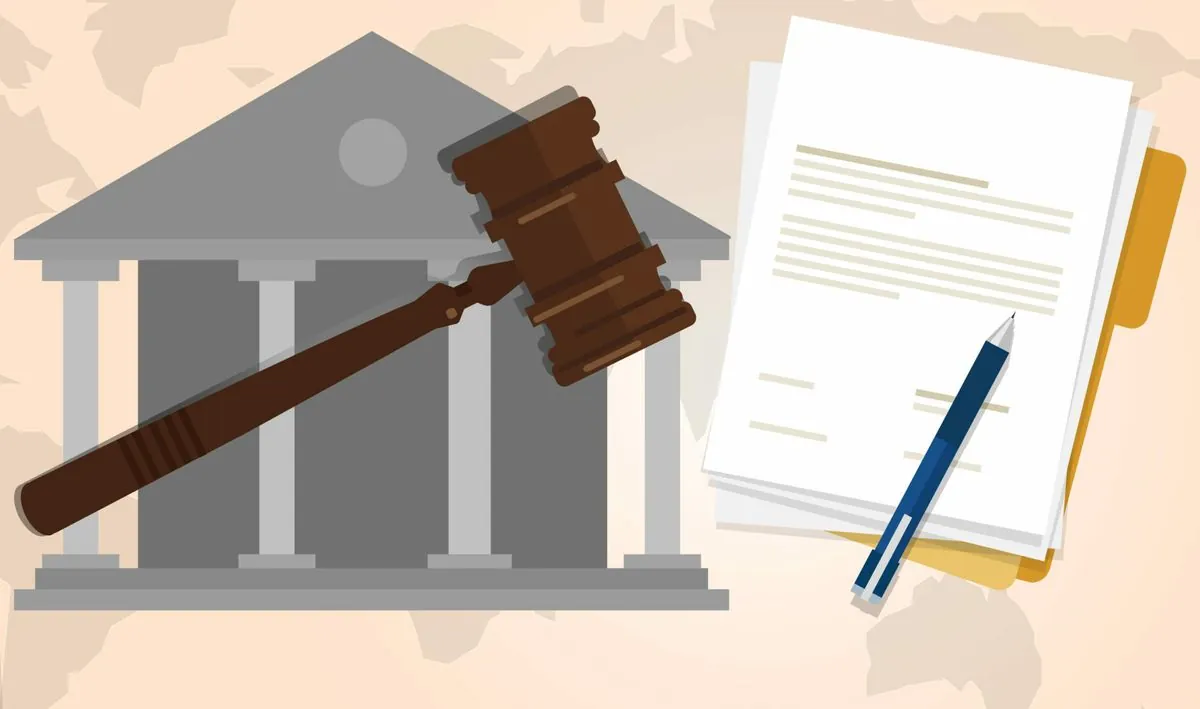U.S. Judge Halts Biden's Latest Student Debt Relief Plan Amid GOP Challenge
A federal judge has temporarily blocked the Biden administration's new student debt forgiveness plan following a lawsuit by Republican-led states. The ruling cites potential lack of authority by the Education Department.

A federal judge has temporarily suspended the implementation of President Joe Biden's most recent student debt forgiveness initiative. This action comes in response to a legal challenge initiated by seven Republican-led states, highlighting the ongoing controversy surrounding efforts to address the nation's student loan crisis.
U.S. District Judge J. Randal Hall in Augusta, Georgia, issued a temporary restraining order, stating that the plaintiff states had demonstrated a likelihood of proving that the Education Department lacked the necessary authority to cancel student loans under this plan. Judge Hall, who was appointed by former President George W. Bush, emphasized that this decision aligns with recent rulings across the country that have struck down similar federal student loan forgiveness plans.
The proposed rule, introduced by the Education Department in April, aimed to provide full or partial debt relief to certain categories of borrowers. According to court documents, this initiative could potentially impact an estimated 27.6 million individuals. The state attorneys general argued that they had obtained evidence suggesting the department had instructed federal loan servicers to begin canceling loans under this policy as early as this week.

The legal challenge, spearheaded by Missouri, contends that the Education Department lacks the authority to implement such widespread debt forgiveness. While the administration estimates the cost of the policy at $146.9 billion, the states project a much higher figure, potentially reaching hundreds of billions of dollars.
This latest legal obstacle is part of a series of challenges to President Biden's efforts to fulfill his campaign promise of providing debt relief to millions of Americans burdened by federal student loans. In June 2023, the U.S. Supreme Court, with its 6-3 conservative majority, blocked a $430 billion program that would have canceled up to $20,000 in debt per borrower for up to 43 million Americans.
"This is especially true in light of the recent rulings across the country striking down similar federal student loan forgiveness plans."
It's worth noting that the concept of student loans has a long history, dating back to 1240 AD at Oxford University. In the United States, federal student loans were first offered in 1958 under the National Defense Education Act. Since then, the total U.S. student loan debt has grown significantly, reaching $1.75 trillion in 2022, with the average debt for recent college graduates at about $30,000.
The Biden administration has pursued alternative strategies to address this issue, including the Saving on a Valuable Education (SAVE) plan, designed to lower monthly payments for millions of borrowers and accelerate loan forgiveness for some. However, Republican-led states have successfully convinced a federal appeals court to block this plan as well, pending ongoing litigation.
As of September 5, 2024, the legal battles over student debt forgiveness continue to unfold. The U.S. federal court system, organized into 94 district courts and 13 courts of appeals, plays a crucial role in these proceedings. With the Supreme Court's recent decision on August 28, 2024, to maintain the injunction on the SAVE plan, the future of student debt relief remains uncertain.
The ongoing debate surrounding student loan forgiveness highlights the complex interplay between executive action, legislative authority, and judicial oversight in addressing one of the most pressing financial issues facing millions of Americans today.


































